‘Aids no longer scares me’
By Elton Lugay“Aids is no longer a death sentence,” proclaimed Willie Espera of the Brooklyn public library as we walked with his partner and 45,000 others around Central Park for the May 20 Annual Aids Walk New York.
Joining the walk was important for Willie, who is HIV- positive. “I’m doing this because I want to make a difference not only in my life but also in the lives of others who are living with HIV like myself,” he said.
Dubbed the biggest HIV/Aids charity in the world, Aids Walk has so far raised $6 million and another 4.3 million online. It has collected more than $122 million since its founding in 1996 by the Gay Men’s Health Crisis (GMHC).
These funds will benefit the “aggressive prevention and advocacy work” that reaches hundreds of thousands in the tri-state area, as well as provide food, access to medical care, counseling, linkages to safe housing, and other crucial direct services to thousands of people living with HIV/Aids, according to GMHC in a statement.
One of the 40 beneficiaries of the effort is the Apicha or the Asian & Pacific Islander Coalition on HIV/Aids, an organization led by FilAm Therese Rodriguez. Founded in 1989, Apicha provides health and other services including mental health, STD and hepatitis screening to the LGBT community and people living with HIV/Aids.
“I’ve seen some of the young people becoming infected over the years and I don’t want to see that anymore,” Larry Tantay, a community health education coordinator at Apicha, told The FilAm.
He said Aids Walk has done a tremendous job of raising awareness based on the growing number of participants each year.
“It’s amazing that the group gets bigger and bigger every year, and it feels like more and more people are starting to care and be aware about the issue within the Asian and Pacific Islander community,” he said.
Jay Gabor, the LGBT community health manager at Apicha, said he lost so many loved ones to Aids.
“I’m a gay man, and one of the reasons why I joined Apicha is because I care about my community and I want to make a difference. This HIV is not going away,” he said.
Jay said Filipinos come to their office for care and treatment “from time to time.” He said Apicha respects the confidentiality of each and every case.
Apicha raised over $6,000 as an agency, said Melanie Dulfo, captain of the Aids Walk team and program manager of Apicha’s Women and Youth Project.
“There are 76 of us here right now, former and current staff and volunteers, clients, students from Stuyvesant High School and Brooklyn High School,” she said.
“The Philippines is one of seven countries with rising HIV rates,” Melanie said. “A good portion of them are migrant Filipinos who are coming in and out of the country.”
Stats provided by the GMHC shows the following numbers, based on the Center for Disease Control’s HIV/Aids Surveillance Report:
• 732,514 have been living with HIV-Aids in the U.S. and territories in 2007;
• Of this total, 121,643 are living in New York and 35,283 are in New Jersey;
• 267,116 are blacks; 181,380 are whites; 92,943 are Latino; and 2,408 are Asians
As for Willie, he used to have sores on his limbs but they’re all gone now.
“They no longer scare me. My partner and I are living a healthy lifestyle and we’re getting enough treatment and support from our families and the LGBT community around us,” he said.

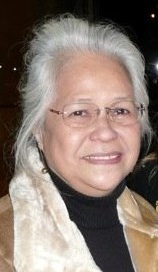
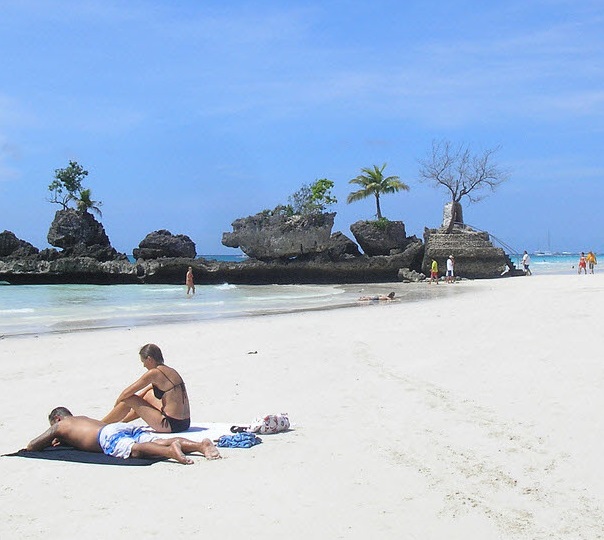
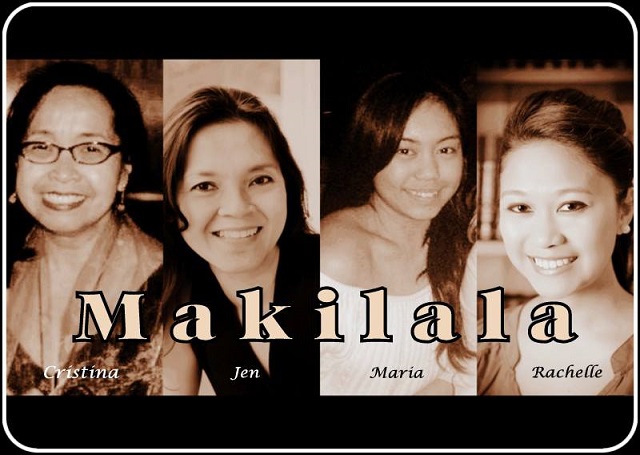
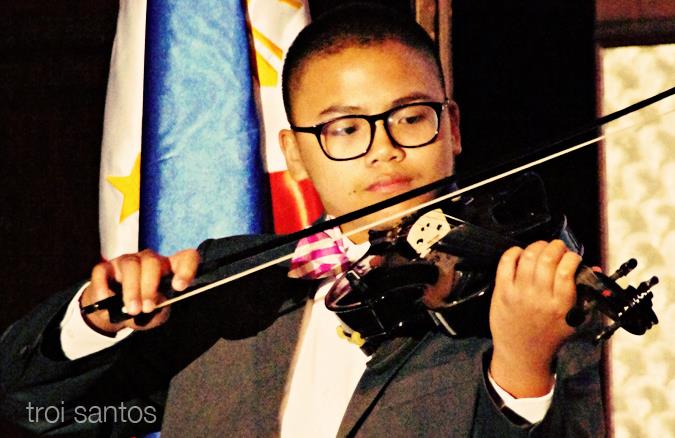
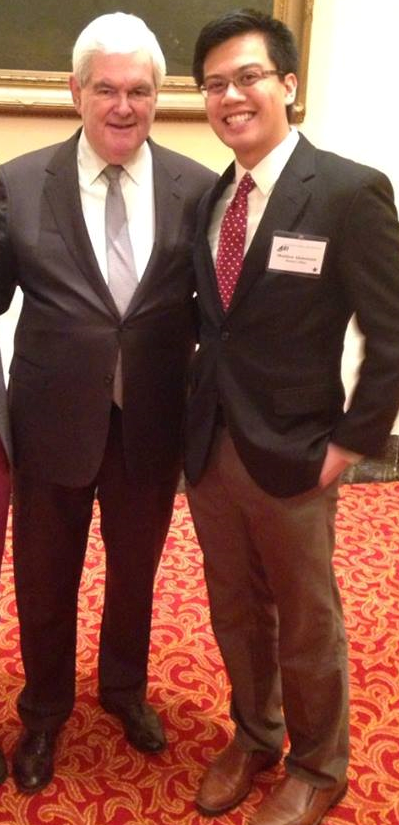

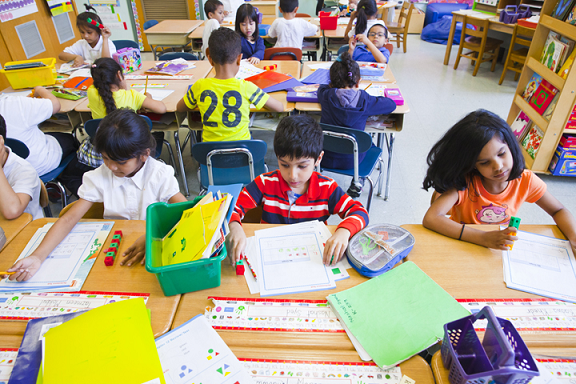
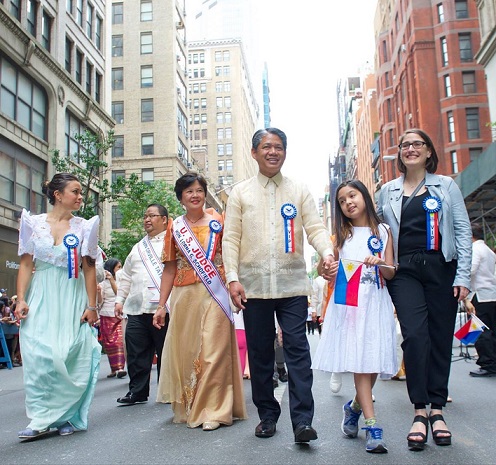
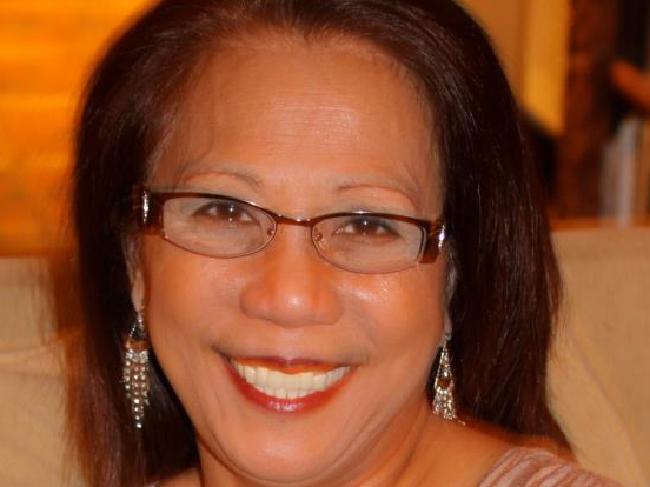


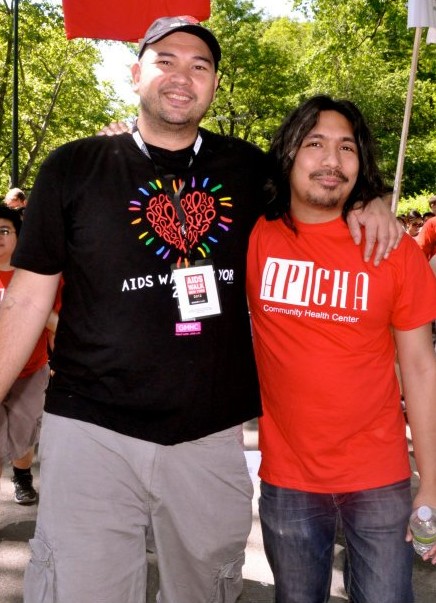

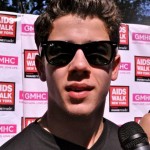

Hello there! This post couldn’t be written any better! Going through this article reminds me of my previous roommate!